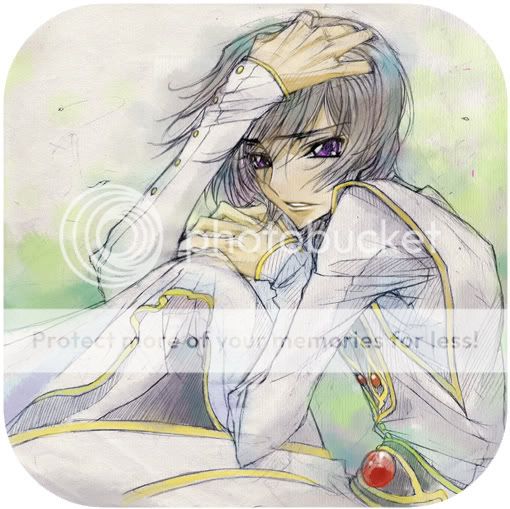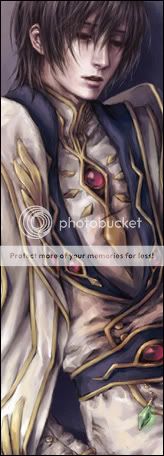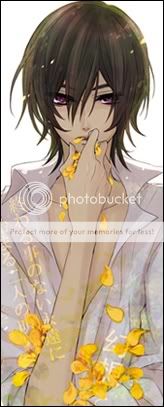
נσηαтнαη вєηηєтт
The English word ghost continues Old English gást, from a hypothetical Common Germanic *gaistaz. It is common to West Germanic, but lacking in North and East Germanic (the equivalent word in Gothic is ahma, Old Norse has andi m., önd f.). The pre-Germanic form was *ghoisdo-s, apparently from a root denoting "fury, anger" reflected in Old Norse geisa "to rage." The Germanic word is recorded as masculine only, but likely continues a neuter s-stem. The original meaning of the Germanic word would thus have been an animating principle of the mind, in particular capable of excitation and fury (compare óðr). In Germanic paganism, "Germanic Mercury," and the later Odin, was at the same time the conductor of the dead and the "lord of fury" leading the Wild Hunt.
Besides denoting the human spirit or soul, both of the living and the deceased, the Old English word is used as a synonym of Latin spiritus also in the meaning of "breath, blast" from the earliest (9th century) attestations. It could also denote any good or evil spirit, i.e. angels and demons; the Anglo-Saxon gospel refers to the demonic possession of Matthew 12:43 as se unclæna gast. Also from the Old English period, the word could denote the spirit of God, viz. the "Holy Ghost." The now prevailing sense of "the soul of a deceased person, spoken of as appearing in a visible form" only emerges in Middle English (14th century). The modern noun does, however, retain a wider field of application, extending on one hand to soul, spirit," vital principle, mind or psyche, the seat of feeling, thought and moral judgement; on the other hand used figuratively of any shadowy outline, fuzzy or unsubstantial image, in optics, photography and cinematography especially a flare, secondary image or spurious signal.
The synonym spook is a Dutch loanword, akin to Low German spôk (of uncertain etymology); it entered the English language via the United States in the 19th century. Alternative words in modern usage include spectre (from Latin spectrum), the Scottish wraith (of obscure origin), phantom (via French ultimately from Greek phantasma, compare fantasy) and apparition. The term shade in classical mythology translates Greek σκιά, or Latin umbra, in reference to the notion of spirits in the Greek underworld. "Haint" is a synonym for ghost used in regional English of the southern United States, and the "haint tale" is a common feature of southern oral and literary tradition. The term poltergeist is a German word, literally a "noisy ghost," for a spirit said to manifest itself by invisibly moving and influencing objects.
Wraith is a Scottish dialectal word for "ghost, spectre, apparition." It came to be used in Scottish Romanticist literature, and acquired the more general or figurative sense of "portent, omen." In 18th- to 19th-century Scottish literature, it was also applied to aquatic spirits. The word has no commonly accepted etymology; OED notes "of obscure origin" only. An association with the verb writhe was the etymology favored by J. R. R. Tolkien. Tolkien's use of the word in the naming of the creatures known as the Ringwraiths has influenced later usage in fantasy literature. Bogie is an Ulster Scots term for a ghost, and appears in Scottish poet John Mayne's Hallowe'en in 1780.
A revenant is a deceased person returning from the dead to haunt the living, either as a disembodied ghost or alternatively as an animated ( "undead" ) corpse. Also related is the concept of a fetch, the visible ghost or spirit of a person yet alive.
A notion of the transcendent, supernatural or numinous, usually involving entities like ghosts, demons or deities, is a cultural universal. In pre-literate folk religions, these beliefs are often summarized under animism and ancestor worship.
In many cultures malignant, restless ghosts are distinguished from the more benign spirits involved in ancestor worship.
Ancestor worship typically involves rites intended to prevent revenants, vengeful spirits of the dead, imagined as starving and envious of the living. Strategies for preventing revenants may either include sacrifice, i.e., giving the dead food and drink to pacify them, or magical banishment of the deceased to force them not to return. Ritual feeding of the dead is performed in traditions like the Chinese Ghost Festival or the Western All Souls' Day. Magical banishment of the dead is present in many of the world's burial customs. The bodies found in many tumuli (kurgan) had been ritually bound before burial,[19] and the custom of binding the dead persists, for example, in rural Anatolia.[20]
Nineteenth-century anthropologist James Frazer stated in his classic work, The Golden Bough, that souls were seen as the creature within that animated the body.
Although the human soul was sometimes symbolically or literally depicted in ancient cultures as a bird or other animal, it was widely held that the soul was an exact reproduction of the body in every feature, even down to clothing the person wore. This is depicted in artwork from various ancient cultures, including such works as the Egyptian Book of the Dead, which shows deceased people in the afterlife appearing much as they did before death, including the style of dress.
Another widespread belief concerning ghosts is that they are composed of a misty, airy, or subtle material. Anthropologists link this idea to early beliefs that ghosts were the person within the person (the person's spirit), most noticeable in ancient cultures as a person's breath, which upon exhaling in colder climates appears visibly as a white mist. This belief may have also fostered the metaphorical meaning of "breath" in certain languages, such as the Latin spiritus and the Greek pneuma, which by analogy became extended to mean the soul. In the Bible, God is depicted as animating Adam with a breath.
In many traditional accounts, ghosts were often thought to be deceased people looking for vengeance, or imprisoned on earth for bad things they did during life. The appearance of a ghost has often been regarded as an omen or portent of death. Seeing one's own ghostly double or "fetch" is a related omen of death.
White ladies were reported to appear in many rural areas, and supposed to have died tragically or suffered trauma in life. White Lady legends are found around the world. Common to many of them is the theme of losing or being betrayed by a husband or fiancé. They are often associated with an individual family line, as a harbinger of death. When one of these ghosts is seen it indicates that someone in the family is going to die, similar to a banshee.
Legends of ghost ships have existed since the 18th century; most notable of these is the Flying Dutchman. This theme has been used in literature in The Rime of the Ancient Mariner by Coleridge.
Many cultures believe that ghosts or spirits can not cross salt. The reason for this is because salt is a "pure" substance, while ghost are not. The television show "Supernatural" acknowledges this myth, as the two main protagonist are commonly seen using salt to protect themselves from spirits.
▬▬▬▬▬▬▬▬▬▬▬ ▬ ▬ ▬▬ ▬ ▬ ▬ ▬ ▬▬ ▬ ▬ ▬▬▬▬▬▬▬▬▬▬▬
I do not love the brightest sword for its sharpness,
nor the arrow for it's swiftness, nor the warrior for his glory.
I love only that which they defend.















